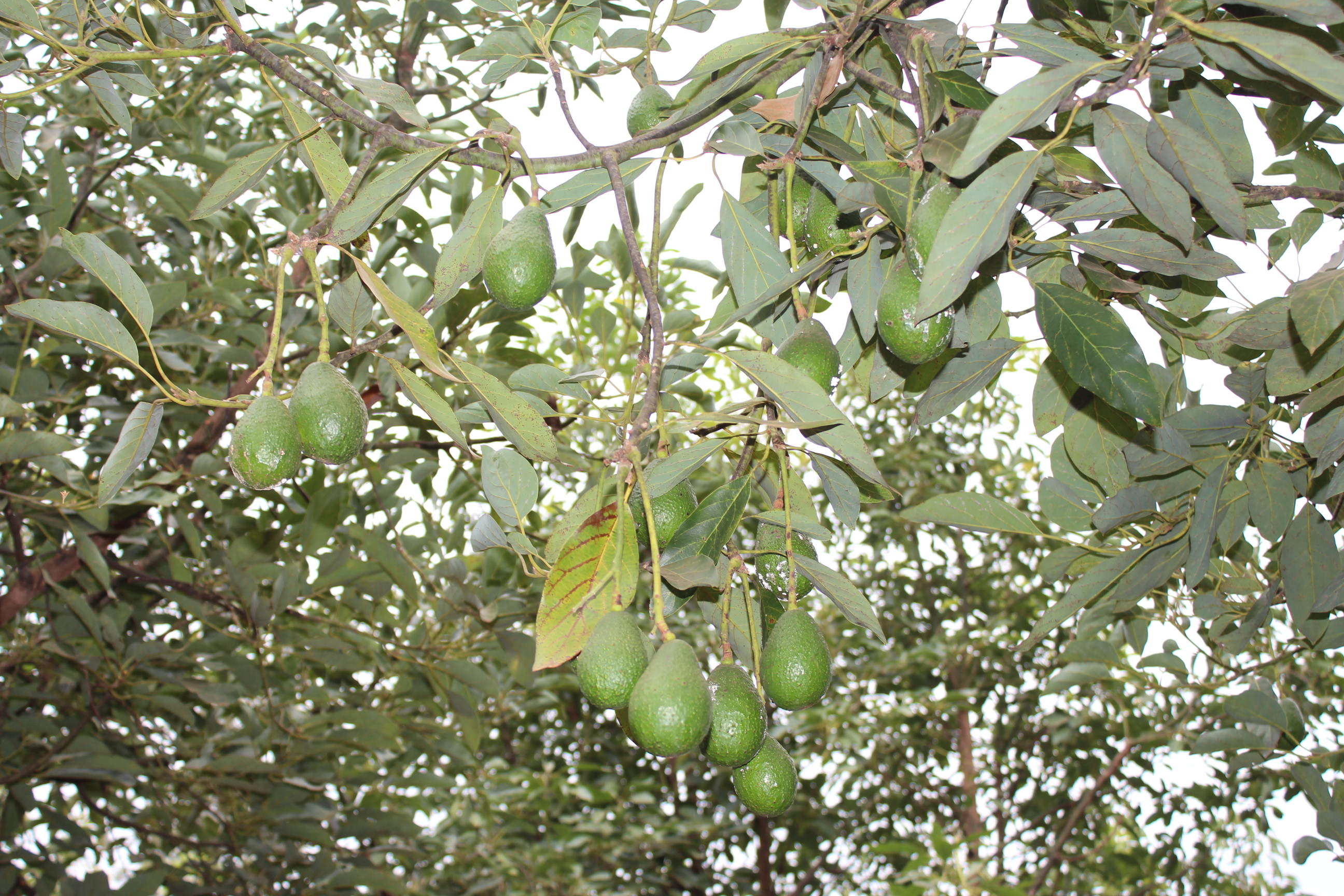 Avocado Exporters Association of Kenya chairman Anthony Nderitu during an AGM in Kabati, Murang'a, on October 30, 2025./ALICE WAITHERA
Avocado Exporters Association of Kenya chairman Anthony Nderitu during an AGM in Kabati, Murang'a, on October 30, 2025./ALICE WAITHERAAvocado exporters say the harvesting of immature fruits is the main challenge facing the sector.
The trend has been ruining Kenya’s reputation as an avocado exporter especially in the European Union, which is one of its main markets, they say.
Speaking during the Avocado Exporters Association of Kenya AGM in Kabati, Murang'a on Thursday, stakeholders shared the frustrations of customers.
“Buyers have been complaining that local avocados are not meeting the standards and don’t have the right flavour,” Crofts Company co-founder Mitul Shah said.
The exporters now want the government to streamline the sector, which raked in more than Sh25 billion in revenue last year.
Shah said the exports market started taking a hit in 2020, when more avocado oil processing companies entered the market.
The high number of processors raised competition for raw fruits, prompting farmers to harvest all year long as they try to take advantage of the rising demand.
This, however, led to the harvesting of immature fruits and farm-gate theft due to the heightened avocado earnings.
“Since 2015, we have been harvesting avocado fruits only twice a year. The main season started at the beginning of the year, while the off-season started in October. But since 2020, avocados are harvested all year long.”
Shah cautioned exporters against buying and selling fruits with a dry matter below 28 per cent, which he said has the ideal fat content and flavour.
This year, Shah said the sector has lost about Sh20 billion in revenue to immature harvests.
Some 600,000 metric tonnes processed for oil since January have produced 30,000 metric tonnes of oil despite having the capacity to produce 54,000 metric tonnes of oil.
Shah expressed concern that the mushrooming oil processing plants will pile too much pressure on the country’s avocado production.
 Avocado fruits in a farm in Murang'a
Avocado fruits in a farm in Murang'aThere are 54 processing plants against 32,000 hectares of avocado trees.
In contrast, Mexico, one of the largest producers of the fruit, has only 38 oil processing plants against 257,571 hectares of avocado trees.
“Why export avocados when they are just not ready to harvest?” Shah asked.
"The flavour of an avocado is in its fat. The higher the dry matter, the more fat it has. Kenya risks losing the EU market altogether if this is not addressed."
The association’s newly elected chairperson Anthony Nderitu backed the government’s decision to close avocado sea shipments from October 20 to control harvesting.
Export of Hass, Fuerte, Pinkerton and Jumbo varieties will continue by air shipment under strict inspection, with the closure expected to be reviewed in January next year.
Nderitu urged both county and national governments to support farmers to raise production.
This would address the high demand for the fruit and tame immature harvesting, he said.
“We’ve been partnering with the government on many issues but we need the sector more streamlined,” Nderitu said.
"Non-producing counties should be helped to start planting avocado trees so we can raise our production.
“Our projection is that the number of oil processors will rise from the current 54 to about 75 in a year, but the current ones are already struggling to procure enough fruits.”
He said buyers who have been promoting theft of avocado fruits in farms are not members of the association, which he said ensures laid-down regulations are strictly followed.
The association will seek to ensure all exporters join it to help in self-regulation, which will ensure there’s sustainability in the sector. Currently the association has 65 members.
Speaking of other challenges facing the sector, Nderitu cited heavy competition from Peru, Mexico and South Africa, which flood the market with fruits from May to July.
Local exporters have been maximising their sales in the months of February to April and August to October, when the three countries take a break.
Nderitu called for more farmer sensitisation on crop husbandry and harvesting of mature fruits so they can understand the losses they incur every time they sell fruits that are not mature.
INSTANT ANALYSIS
The high number of processors raised competition for raw fruits, prompting farmers to harvest all year long as they try to take advantage of the rising demand. There are 54 processing plants against 32,000 hectares of avocado trees. The exporters' association has backed the government’s decision to close avocado sea shipments from October 20 in a bid to control harvesting.












